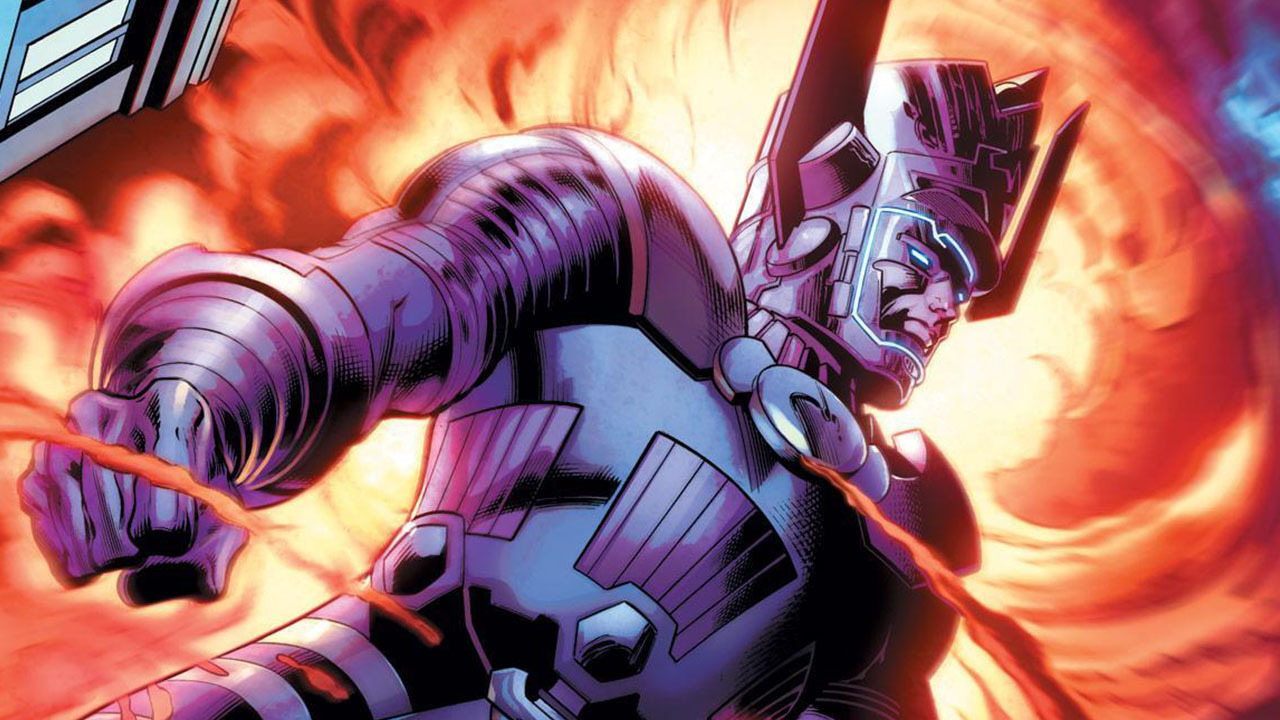Everyone has visited a new city and had the same fleeting but exciting thought: if I lived here, I could be a different person, and everything would be better. Woody Allen's newest film Midnight in Paris takes that vacation fantasy and goes a step further, allowing a schlumpy American writer (Owen Wilson, and yes, he's a Woody surrogate) to visit and thrive in 1920s literary Paris, through a bit of nightly time travel magic that Allen doesn't explain and doesn't need to. Fleet and sprightly with a touch of melancholy at its core, Midnight in Paris isn't exactly vintage Allen, but it's near enough to the real thing to carry many of the same pleasures.
Wilson is actually one of the best reasons to see the film, fitting into the khakis-wearing Allen role without losing his own distinct, crooked geniality; as the excellently named Gil Pender, Wilson is a struggling novelist and Hollywood screenwriter sellout, "freeloading along" on a trip to Paris with his aloof fiancee Inez(Rachel McAdams) and her conservative, disapproving parents (Kurt Fuller and Mimi Kennedy). Inez would rather tour the typical sights in the company of her obnoxious friend Paul (a bearded and hilarious but underused Michael Sheen) but Gil prefers late-night walks in the city he loves, romanticizing, like so many Americans do, the lights and cobblestones and locals who ignore his requests for directions. On one midnight walk an old-fashioned car and its well-dressed passengers, naturally as can be, pick Gil up and take him to a party, where Cole Porter sits at the piano, Scott and Zelda Fitzgerald (Tom Hiddleston and Alison Pill) hold court at the bar, and they know of an even better party where they can probably find Scott's pal Ernest Hemingway (Corey Stoll).
Gil has been launched into a sparkling, idealized version of Paris in the Roaring 20s, where Gertrude Stein (Kathy Bates) is happy to look at an early draft of Gil's novel, T.S. Eliot will give him a ride to the next party, and best of all, an incandescently beautiful fashion designer (Marion Cotillard) is instantly smitten with him. Every day he's stuck in modern times with his increasingly nagging fiancee and her parents, but every night Gil escapes to the 20s, where the cocktails flow endlessly, the flapper dresses all glitter and Ernest Hemingway is always ready with some masculine advice. The time-travel is a relief for the audience too; with the exception of Sheen all the modern-day actors seem pinched and uncomfortable, while each performer in the 20s outdoes the next in sheer charisma. Hiddleston builds nicely on his emotionally tortured work as Loki in Thor as the suave Fitzgerald, Stoll is hilarious as the macho Hemingway, and just when you have forgotten Adrien Brody is in the film, he pops up as… well, that one's worth finding out for yourself.
The narrative gets progressively more misshapen as it unspools, since Gil's engagement to Inez never feels all that convincing and there's nothing actually happening in the 20s beyond his burgeoning romance, but it all builds nicely to a wistful if predictable conclusion about learning to love the time you're surrounded with and, er, the perils of time travel. Midnight in Paris is a lark to be sure, but it's the kind that translates well to the audience, stuffed with good jokes and beautiful locales and a recognizable sort of sadness that these things cannot also happen for us. It lacks the extra melancholy jab that made Vicky Cristina Barcelona both a pleasurable European vacation and a reckoning with unfulfilled desires and regret, but Midnight in Paris carries just enough weight to matter. Mostly, though, it's just enjoyable and funny and lovely to look at, not all we could ask from Allen, but the kind of fanciful and well-acted movie he still does better than anybody.
Staff Writer at CinemaBlend












